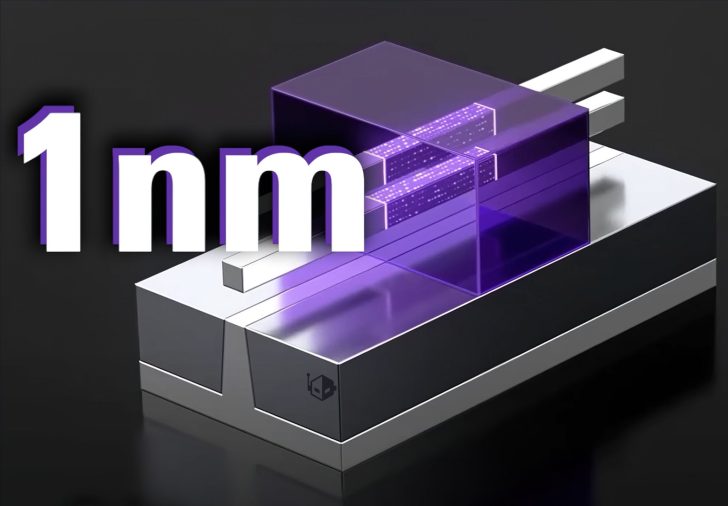According to media reports, Samsung plans to officially announce its 1nm process plan at the 2024 Wafer Foundry Forum to be held in the United States in June. It is expected that the mass production of 1nm chips will be achieved in 2026, one year ahead of the original plan.
The advance of the mass production plan of 1nm chips marks a new milestone in semiconductor technology. However, achieving this technological pinnacle is not an easy task and requires overcoming numerous technical challenges. First, as transistors approach the physical size limits of silicon atoms, quantum effects and thermodynamic problems will become more prominent, bringing unprecedented challenges to chip design and manufacturing. Second, traditional lithography technology has been unable to meet the demand at the 1nm process node, and it is necessary to turn to new technologies such as extreme ultraviolet (EUV), and the development and application of these new technologies also require a lot of time and resource investment.
As one of the world's leading semiconductor manufacturers, Samsung has always maintained a leading position in semiconductor technology. In order to achieve mass production of 1nm chips, Samsung has made a lot of efforts in technology research and development and process optimization. First, Samsung introduced the "Gate-All-Around (GAA)" current control technology, which significantly reduces the leakage current of the transistor and improves the power efficiency of the chip. Second, Samsung has also made significant progress in lithography technology, successfully achieving key technologies such as multiple exposures and precise positioning. In addition, Samsung has also conducted a lot of research on new materials and new processes, providing strong support for the mass production of 1nm chips.

figure:Samsung-1nm-Process-Node(source:WCCFtech)
The advance of Samsung's 1nm chip mass production plan has not only brought technological breakthroughs and market opportunities, but also faced many challenges. From a technical point of view, the mass production of 1nm chips will promote the further development of semiconductor technology, providing more efficient and energy-saving chip solutions for the development of smartphones, artificial intelligence, Internet of Things and other fields. From a market perspective, Samsung's 1nm chips are expected to break the current market pattern and win more market share and competitive advantages for Samsung.
However, Samsung also faces many challenges in the process of achieving mass production of 1nm chips. First of all, technical problems need to be continuously overcome, and a lot of R&D resources and time need to be invested. Second, the market is becoming more competitive, and Samsung needs to compete fiercely with other semiconductor manufacturers to compete for market share. In addition, as technology continues to advance, new technical standards and specifications will continue to emerge, and Samsung needs to constantly adapt and update its own technology system.
It is worth mentioning that TSMC is also actively deploying technologies related to the 1nm process. It is reported that TSMC plans to reach the 1.6nm "A16 node" in 2027 and achieve mass production of the 1.4nm process around 2027 to 2028.
If the news that Samsung plans to mass produce 1nm in 2026 is true, then it may affect TSMC's process development plan to a certain extent.






